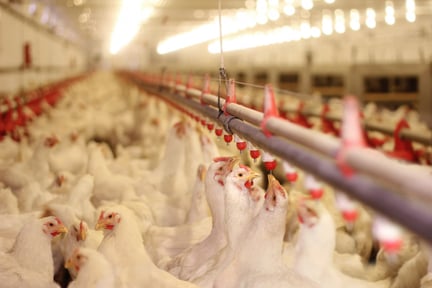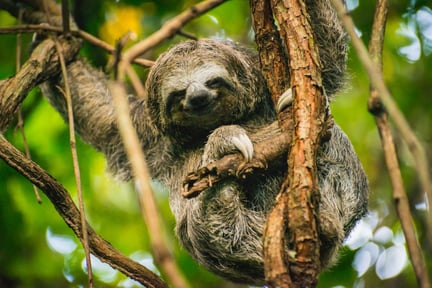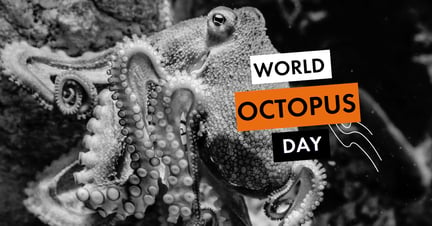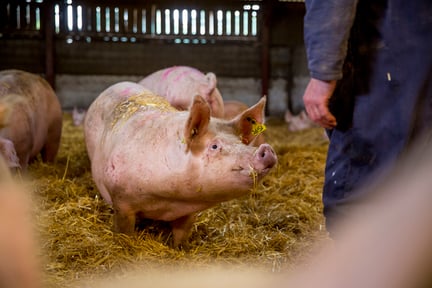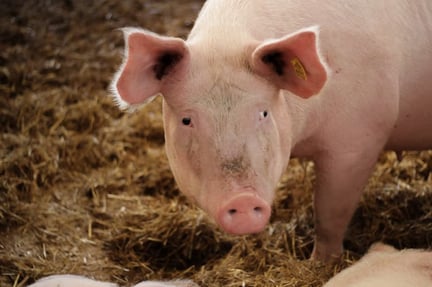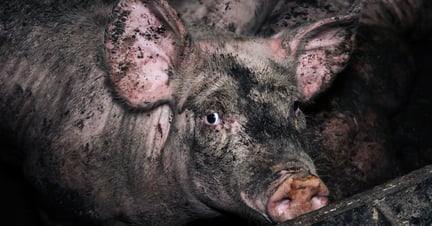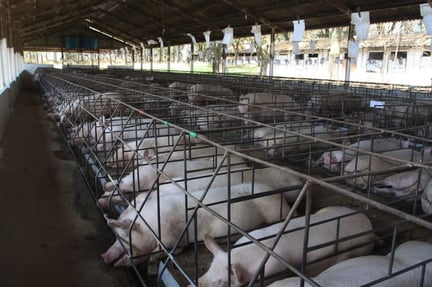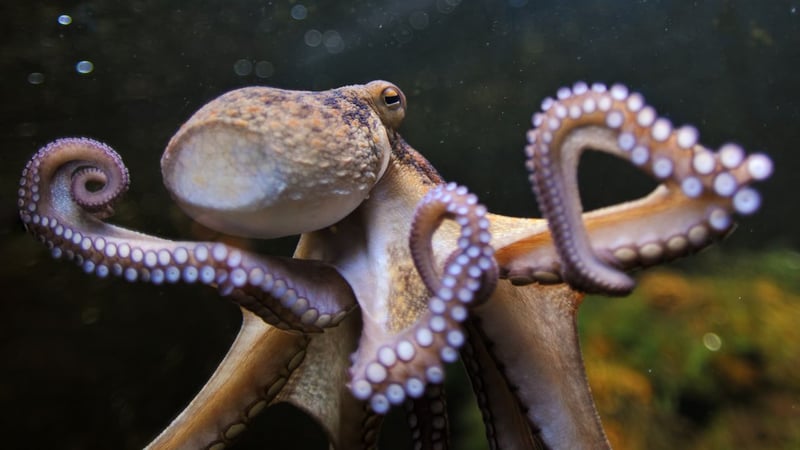
Chile introduces legislation to prohibit octopus farming, recognising octopuses as sentient beings and could set a precedent for Latin America.
Chile has introduced legislation to ban octopus farming nationwide. This bill, known as Bill 17913-12, was introduced by Representative Marisela Santibáñez with support from seven other parliamentarians.
If passed, Chile would become the first country in Latin America to prohibit the intensive farming of octopuses, setting a regional precedent for aquatic animal protection.
Recognising octopuses as sentient and intelligent beings
Octopuses are among the most intelligent and behaviourally complex invertebrates. Research has shown that they possess advanced cognitive abilities, including problem-solving, tool use, and complex communication.
Their sentience has been increasingly recognised by scientists and animal welfare advocates alike.
This growing body of evidence underscores the ethical concerns surrounding their confinement in aquaculture systems.
Octopus are intelligent and sentient creatures and not commodities to be mass-produced.
We celebrate legislations that protect wild animals and prioritise compassion and sustainability over profit, and would encourage the Government of Chile to continue the process to ban the practice of octopus farming in the country
Octopus farming confines these animals to intensive farming conditions and not only causes immense suffering but also threatens marine ecosystems, it is a step backwards in our pursuit of ethical and sustainable food systems.
It is time we support genuinely ethical, sustainable production systems that protect all animals and preserve our oceans
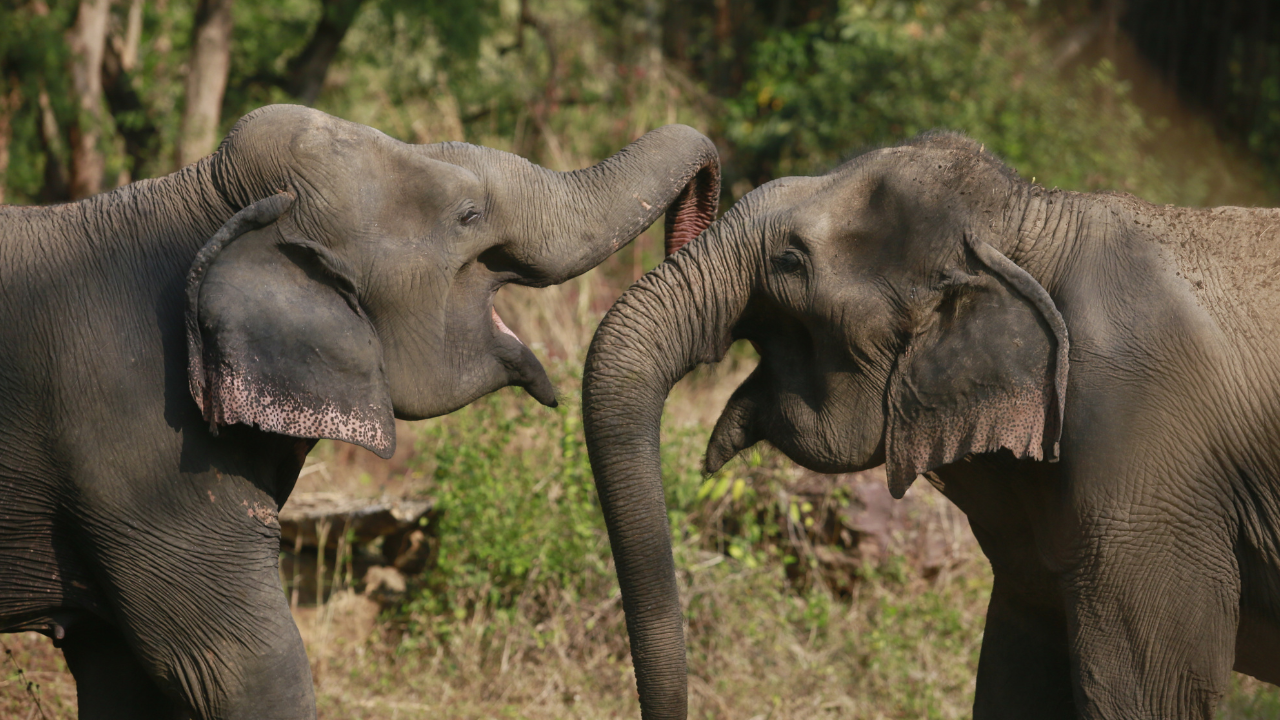
You can make a difference for vulnerable animals
Donate now
When you make a donation, you’ll join a passionate group of supporters who are determined to change the world for animals. We're fighting animal cruelty wherever we find it — are you with us?
Click to donateThe ethical and environmental implications of octopus farming
Intensive octopus farming raises significant ethical and environmental concerns. These include the high mortality rates due to the species' stress sensitivity, the challenges in replicating their complex natural behaviours, and the potential for disease transmission in overcrowded conditions.
Additionally, the environmental impact of such farming practices could be detrimental to marine ecosystems.
Chile's proposed ban aims to address these issues by preventing the establishment of an industry that could harm both the animals and the environment.
The movement against octopus farming
Chile's legislative initiative aligns with a growing global movement to prohibit octopus farming. In 2024, Washington became the first U.S. state to enact a ban on commercial octopus farming, citing substantial concerns around animal welfare.
This was followed by similar legislative efforts in California. Coalitions like the Aquatic Animal Alliance, which includes a variety of animal welfare organisations from all over the world, have been instrumental in interntaional advocating for such bans, highlighting the risks associated with intensive octopus aquaculture.
The collective voices against farming octopuses are growing and being heard around the world.
The need for compassionate legislation
The proposed ban in Chile is significant towards recognising the intrinsic value of octopuses and other sentient marine animals.
By supporting this legislation, Chile has the opportunity to lead by example in Latin America, promoting policies that prioritise animal welfare and environmental sustainability.
We will continue to advocate for similar measures worldwide, and urge governments to consider the ethical implications of aquaculture practices and to take action to protect sentient marine species.
Related content
No Future for Factory farming
Food systems
Factory farming is a global problem, that requires a global solution. A moratorium on factory farms is urgently needed to safeguard animals, our climate, health and the environment.
Animal Sentience
At World Animal Protection sentience is at the heart of everything we do, click to find out more.
World Octopus Day October 8 | World Animal Protection
Animal Awareness Days
Celebrate World Octopus Day with us and find out everything you need to know about octopuses, the threats they face, and what you can do to help.
